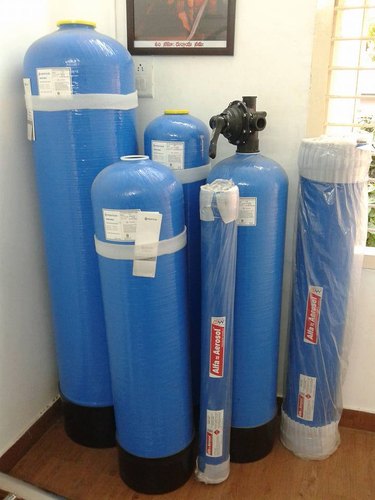In a shop you could be confronted with a gigantic selection of glues: some intended for explicit undertakings, others for joining more than one material.

Overall there are six principle kinds of glue:
- contact cement, of which the most recognizable are Evo-stik and Thixofix
- carpentry adhesives – Unibond, for instance
- cyanoacrylale adhesives or ‘super pastes’
- two-section epoxy adhesives Araldite is the most notable
- two-section acrylics, comparative in use to acrylics
- ‘Widespread’ or broadly useful glues, like U H U or Durofix.
Just as these principle types, there are a few expert fix adhesives – for joining glass, for retouching PVC and for joining polystyrene just as glues for occupations, for example, fixing divider tiles, setting up wall coverings and leisure activity work with paper and card. While picking cement for a specific work, there are a few focuses you need to ponder. In the first place, what materials would you say you are consolidating? Clearly, the glue must be reasonable for the two materials in case they are unique, however the fundamental issue here is with plastics and perceiving the plastic is the principal task.
Second, how significant is strength? With wood sticks, the bond can be pretty much as solid as the actual wood, while with metal and plastics it will ordinarily be more fragile. In case strength is immeasurably significant, you may have to ponder building up the joint here and there. Third, how large a hole is there to fill? Regularly, joining two materials will likewise include a level of whole filling, and glues differ in their capacity to adapt to this.
Contact adhesives, for instance, need a slight hole wherein to work, while eyanoacrylates will not work except if the hole is tiny for sure. Epoxy pastes, then again, will work with cither little or enormous holes. Fourth, what sort of temperature is the glue going to be exposed to? A few glues known as thermoplastic, for example, contact adhesives and a large number of the ‘general’ pastes, would not withstand recuperate, while numerous others known as thermosetting will hold their solidarity up to tolerably high temperatures. This could matter when you are fixing ceramics.
Contact glues
The principle utilizes for contact adhesives are intended for staying slender covers, like plastic overlay and facade, to a surface, and for shoe fixes. Contact cement is applied to both the surfaces to be stuck and left until it is dry. The two surfaces are then squeezed together and the paste permitted to contactlijm kopen set. With most contact adhesives, the bond is made immediately which implies cautious situating; a few contacts permit a brief time frame during which the two surfaces can be changed.
Many contact adhesives are dissolvable based, which implies great ventilation is significant and that exposed blazes and cigarettes ought not to be permitted in the sticking region. CH32CO nail stain remover or an exceptional remover is required for dissolvable based contact cement; water-based contact adhesives can be eliminated with a clammy fabric.